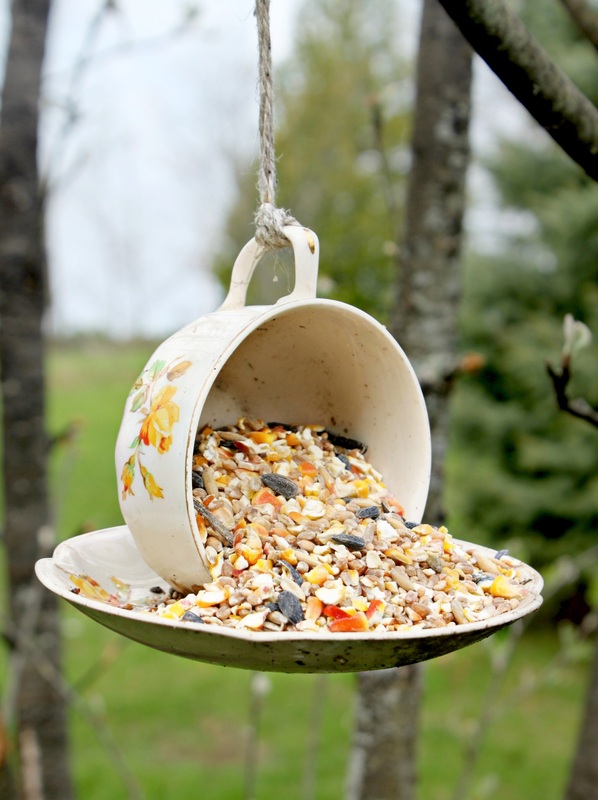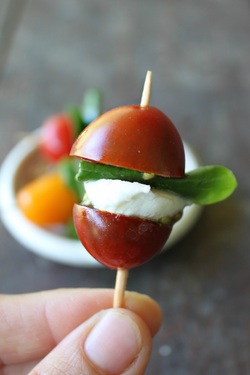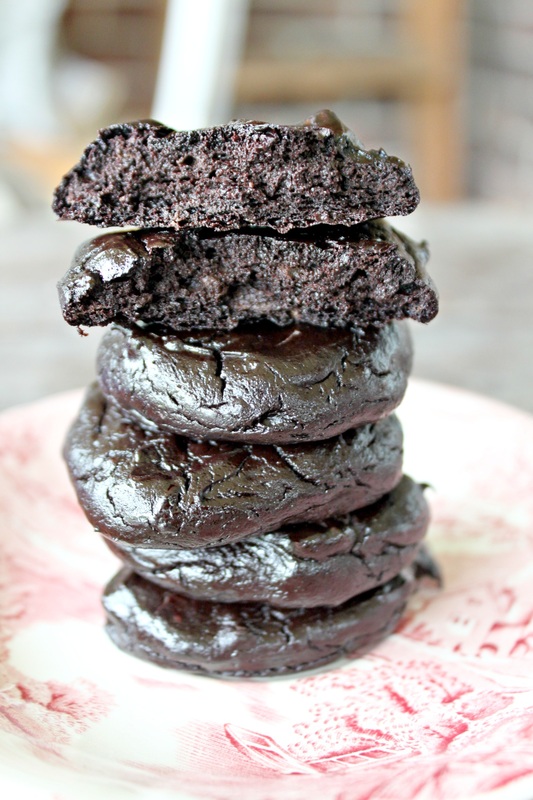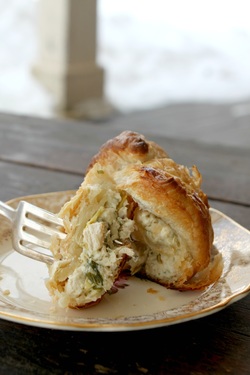|
I think every parent wants to keep their child safe, to know they are being treated rightly, and to help them feel secure in this crazy world. To be their advocate until they can become their own. The same is true of parents of children with autism, but ever since we knew Caleb had autism, it's been a battle of knowing when and where we needed to disclose this diagnosis, and be his advocate. Sharing when it is not necessary can alienate Caleb, but not sharing can lead to mis-understanding and harm to Caleb and sometimes others (both physically and emotionally). We want what is best for him, and that means something different in each situation he is in. Sometimes I give a snarky person at the grocery store "the old what for" (as it were) for saying something rude and degrading to my child who cannot speak up for himself. But true advocacy isn't about getting up in peoples' faces about things they don't know or understand, but about creating a mutual understanding about differences to benefit everyone involved in the situation. An example of when it would not be necessary to disclose a diagnosis would be like something I read in a compilation book from different authors called "Ask & Tell: Self-Advocacy and Disclosure for People on the Autism Spectrum". My paraphrased version of Ruth Elaine Joyner Hane's story is of a grocery store clerk who the author knows (somehow) has sensory problems, and problems deciphering sounds in a noisy environment. At the check-out if the clerk doesn't hear what a costumer is saying, she simply apologizes with, "I'm sorry, I have trouble hearing in a noisy area". She didn't have to go any further than that to help the customer know she wasn't trying to be rude, she just didn't hear them Some situations require telling someone about Caleb's autism because it will help them have a little more patience, and also more understanding of his reactions to events. Sunday school, for example, where Caleb is in direct contact with other kids, a noisy room (with awful buzzing florescent lights), and the requirement to sit quietly at times means that they needed to know so he can have the best chance of doing his best. Telling the leaders has improved Caleb's Sunday church experience immensely, and he has a good Sunday as a result (when church used to be "off" his whole day was "off"). They knew he had autism, but they needed to know what his struggles were, what he wasn't capable of, but mostly what he was capable of. Another (obvious) example of when to disclose, and be an advocate is at school. For the most part, Caleb's school experience has been excellent, and we have had a lot of success. But there were a few times when beyond the disclosure, I needed to step in and be an advocate to protect my son from being hurt. When Caleb was in grade 2 (it was his second year at the school), I felt the need to go in and talk with his class about him (he wasn't there). These kids would be the ones (for the most part) going to grade 8, and possibly beyond with him. I knew they knew he was different, I thought they maybe knew it was autism, but I wanted to talk with them. I told them about brains. I told them about their "toaster brains". Wires, a heating element, buttons, etc. Then I told them about Caleb's "hair dryer brain". Wires, a heating element, buttons-it was the same, but it was different. It did a different job, it might be able to toast bread, but with some serious effort. They thought this idea was funny, but they understood it. He goes to school with some great kids.....at the end of my talk, when I asked if there were any questions, one little boy says: "Um, Caleb's Mom?", Me: "Yes?". Boy: "Uhh....did you know Caleb can shoot the basket ball at the grade eight net (it's higher, I guess) and get it in most times?". Me: "What? Really?....no, I didn't know that..." (feeling proud). A little girl: "Um, I like it when Caleb is excited because he shows it with his whole body!". Me: "That doesn't scare you?" (Caleb can be loopy-loo when he gets really excited!), girl: "No, I love it, I wish I did it". Me: (trying not to cry....) I went in to teach, and be Caleb's advocate, but those kids showed me they were going to be that for him too. But, it made me glad to see that myself, to see that these kids had learned on their ow (from taking the time to get to know Caleb) that he was different, but he was the same. They just needed to look out for him a bit. A time when we didn't disclose Caleb's autism was once in a restaurant that has a park "attached" to the porch seating (it's actually pretty cool, and a great idea so that when your child is finished eating, they can play at this park while the adults finish and chat. It's all fenced in too). Caleb was around 5 years old, he could talk, but not too much, and he had finished eating so we let him go to the park. There was another little boy there who seemed "different". Not "Caleb different"....but "European different". This adorable little boy had on tight, shorty-shorts. He had a well fitted t-shirt, and bleach blond hair, bowl-cut style. From where we were sitting we could hear the two boys' "conversation". It was a hilarious mix of this sweet little boy with a thick accent trying to talk to Caleb, who wasn't saying much at all, and what random (really random) things he would yell out, the little boy would just say something like, "Ohhhh.....I don't think I know that English word yet?". The best part came at the end when we went to leave. I asked the little boy where he was from, and he told me Finland. He told me in choppy english why he was in Canada, and then he said the best thing ever. "Your boy is very kind". Me: "Why?". Boy: "He didn't make fun of my accent, and he didn't try to correct all my bad english". (my heart melting....). Then he asked, "Is he from Canada? Does he speak english, or is he just learning like me?". Me: "He is from Canada, but he is just learning english, like you". Boy: "I think that's why we made good friends!". If I had tried to explain to a foreign boy what was wrong with my son when I first let him go and play, the other boy wouldn't have offered Caleb such a true, and open playing time. He might have been worried, and shut Caleb out. At the end of the day (and at the end of Caleb's life) I just want Caleb to know that he can count on me (and there are many others too) to help and guide him. To let him feel like he can be himself, and be safe from people who don't understand him, and help them to understand him. Sometimes that means stepping in, and sometimes that means staying out.
1 Comment
Sarah
3/5/2014 10:37:08 pm
Great post!! It's comforting to know that children are so kind sometimes and we can trust them a little more to take care of each other/ not judge. Makes sending them to school a little easier sometimes! I really do love your thursday posts, its helps all of us learn!
Reply
Leave a Reply. |
Hi, I'm Amy-Lyn! I am the lady behind this here blog! I live in the sticks with my animals, my super handsome husband, and my
3 amazing kids! Here you'll find things from recipes (gluten-free, paleo, and strait up junk food!), DIY ideas, thoughts on raising a son with autism, and whatever else pops into my brain! : ) Read more about me by clicking here! Want to Stay Connected?
Find What
|
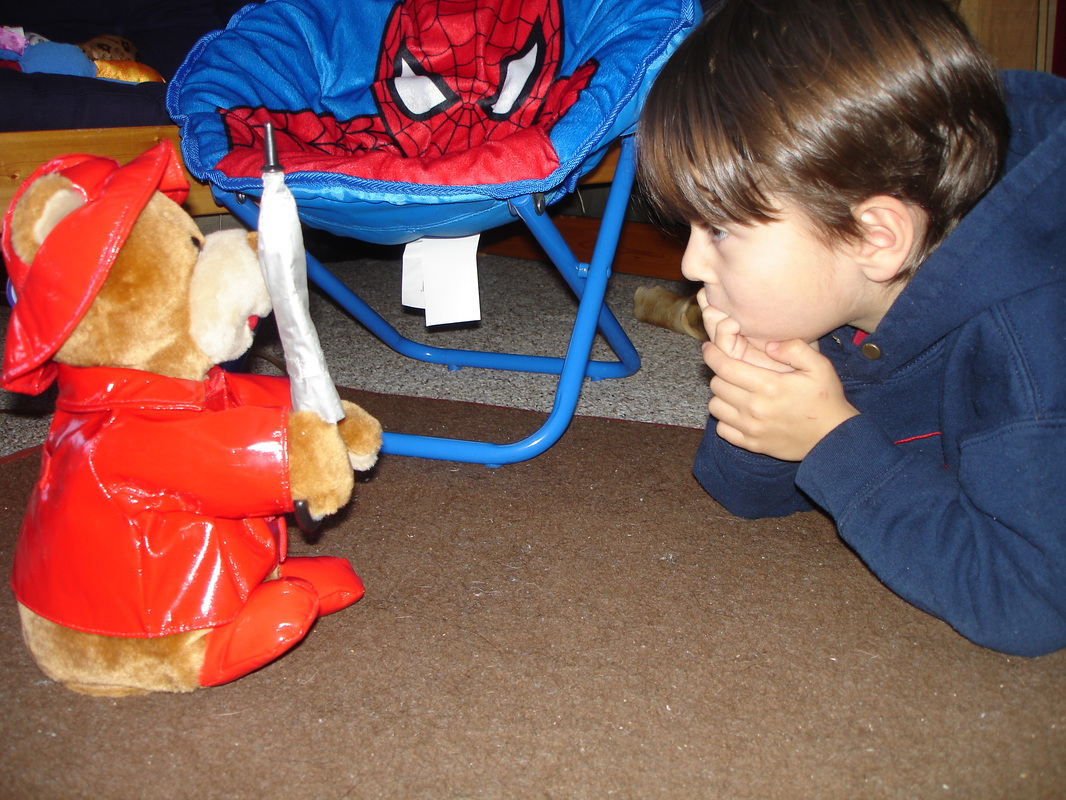
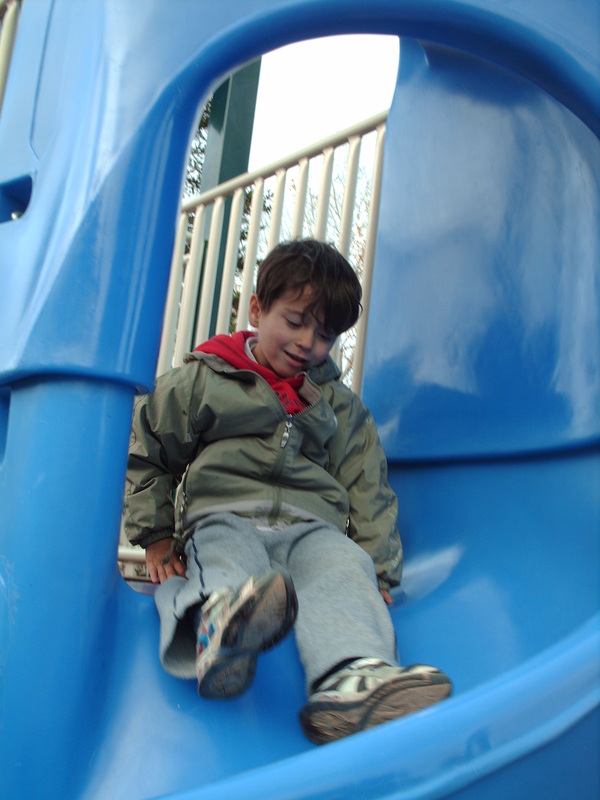
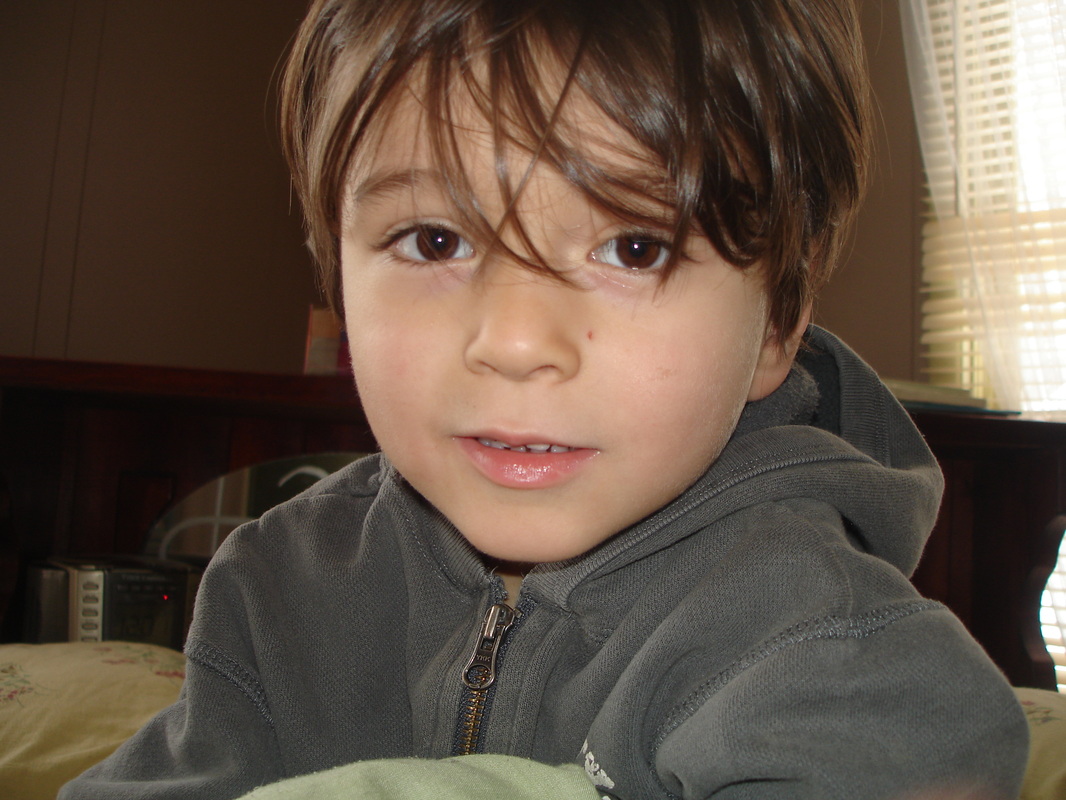
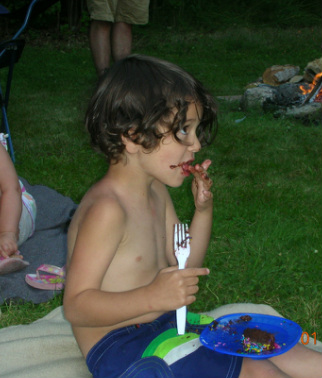
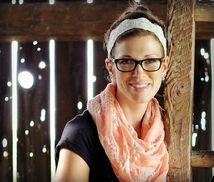
 RSS Feed
RSS Feed

